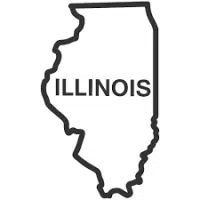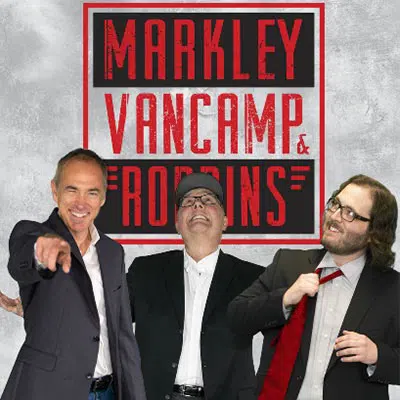
(The Center Square) – Illinois Treasurer Michael Frerichs is clarifying statements he reportedly made about taxing retirement income in relation to a proposed progressive income tax.
The Daily Herald reported in June that Frerichs told a Des Plaines Chamber of Commerce event a progressive tax would “make clear you can have graduated rates when you are taxing retirement income.”
Asked about the comments on Wednesday at an unrelated news conference in Springfield, Frerichs said he wanted to clarify.
“I was not pushing for that taxation,” Frerichs said. “What we talked about was the progressive tax and how that would only affect about three percent of taxpayers out there, taxpayers making more than a quarter of a million dollars a year. That’s something I support.”
“What we were talking about when we talked about retirement income were people … drawing about a half a million dollars a year in pension income,” Frerichs said. “I was talking about an organization that has for years has argued for reducing pension benefits and then was taking the opposite and contractionary opinion.”
Frerichs didn’t say which group he was talking about. He said the progressive tax he supports does not include taxing retirement.
State Sen. Paul Schimpf, R-Waterloo, said the proposed amendment changing the state’s flat income tax to one with higher rates on higher earners is a bad idea, especially in the wake of a pandemic.
“Our small businesses have been really put under a tremendous amount of stress and now is the absolute worst time to have a new tax increase put on them,” Schimpf said.
Voters will decide whether to change the state’s flat income tax to a structure with higher rates on higher earners this November. The decision comes amid an ongoing federal corruption probe that has implicated Illinois House Speaker Michael Madigan, D-Chicago.
Madigan has not been charged with a crime and has denied wrongdoing. He was identified as “Public Official A” in a deferred prosecution agreement ComEd made with federal prosecutors in a bribery and patronage scheme in exchange for favorable legislation.
Frerichs said Madigan has to cooperate with federal investigators, but didn’t demand he step down as some other Democrats have in recent days. Frerichs also dismissed the idea that the cloud of corruption over Democrats could dampen support for the progressive income tax amendment Democrats support.
“I think the voters can judge the merits of this constitutional question by itself,” Frerichs said. “I think it will have strong support.”
Schimpf said with the corruption probes at the statehouse, lawmakers can’t be trusted with more tax dollars.
“We have a government in Illinois that has shown itself utterly incapable of restraint and it has shown itself to be riddled with corruption,” Schimpf said. “That’s why nobody I think in their right mind would want to give the Illinois politicians more power to raise taxes or make it easier to raise taxes.”
Supporters of the proposal have said that 97 percent of taxpayers would see the same or slightly lower tax rates while the top 3 percent of earners would see a tax increase. Opponents of the measure have said that having progressive rates that can be set every year will make it easier for legislators to vote for tax increases in smaller sections of the population, including small businesses that file as individuals.






